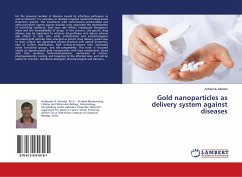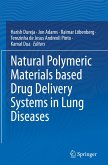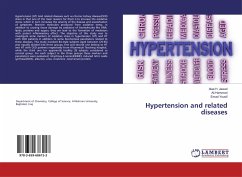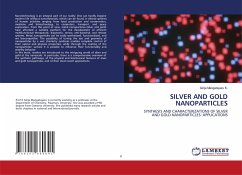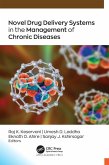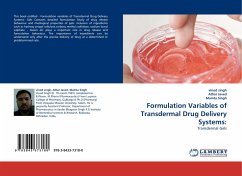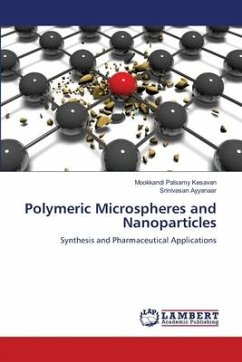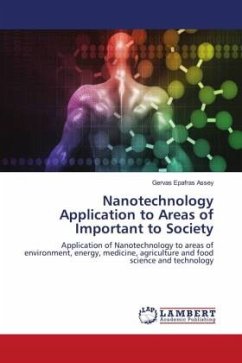For the growing number of diseases caused by infectious pathogens as well as toxicants, it is necessary to develop targeted nanotechnology-based treatment systems. The treatments with conventional antimicrobial and anticarcinogenic agents against diseases have associated the development of multi-drug resistance, high toxic side effects, inadequate therapeutic index and low bioavailability of drugs. In this concern, site-specific drug delivery may be important to enhance drug-efficacy and reduce adverse side effects to host cells, while antimicrobial and anticarcinogenic nanosized gold particles have emerged as potent drug delivery system due to their unique size dependent physico-chemical and optical properties, ease of surface modification, high surface-to-volume ratio -associated active functional groups, and bio-compatibility. This book is focussed mainly on ligand-coated gold nanoparticles with lead components, along with their synthesis, biofunctionalization, mechanism of actions, pharmacokinetics, toxicity, and targeting to the affected sites, and will be useful for chemists, membrane biologists, pharmacologists and clinicians.
Bitte wählen Sie Ihr Anliegen aus.
Rechnungen
Retourenschein anfordern
Bestellstatus
Storno

